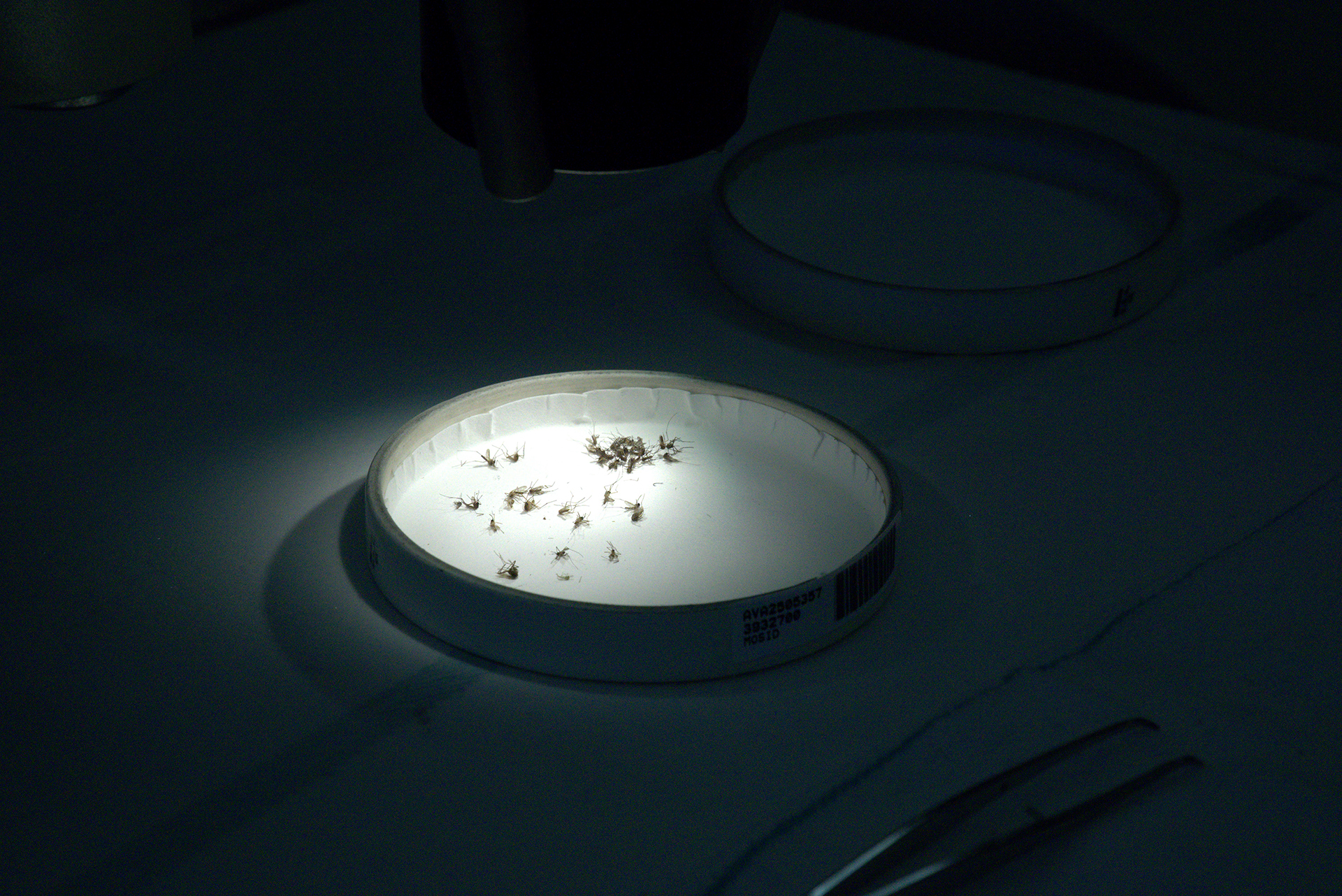Texas’s Frontline Defense Against Mosquito-Borne Illnesses
The tiny mosquito, often overlooked, is a formidable foe. Its seemingly innocuous bite can transmit devastating diseases, making it a public health concern of paramount importance. Deep in the heart of Texas, within the walls of the Arbovirus-Entomology Laboratory of the Texas State Department of Public Health Services, a crucial battle is being waged. This facility serves as the epicenter of the Lone Star State’s efforts to contain and monitor vector-borne diseases, protecting not just Texans but contributing significantly to national public health preparedness.
Microscopic Marvels and Deadly Threats
Under a microscope, the mosquito’s iridescent scales and intricate wing patterns are undeniably captivating. However, the beauty belies the danger. The lab’s scientists meticulously examine these insects, identifying species and analyzing their potential to spread diseases like Zika, West Nile virus, and other arboviruses. The size variation, from minuscule to surprisingly large, underscores the diversity of species and the challenges in tracking them all. This detailed identification is the first step in understanding the threat landscape and implementing effective control measures. The lab’s work isn’t merely about identifying; it’s about predicting and preventing outbreaks.
Surveillance, Research, and Public Health
The Arbovirus-Entomology Laboratory’s role extends far beyond simple identification. It acts as a sophisticated surveillance system, constantly monitoring mosquito populations and disease prevalence across Texas. This proactive approach allows for early detection of outbreaks, enabling swift and targeted interventions. The lab’s research efforts are crucial in understanding the transmission dynamics of these diseases, identifying vulnerabilities, and developing effective strategies for control and prevention. This includes research into novel methods for mosquito control, as well as strategies for public health communication and education. The lab plays a vital role in alerting national health authorities to emerging threats, contributing to a broader national strategy for disease prevention. The lab’s findings are instrumental in shaping public health policies and informing the allocation of resources to combat mosquito-borne illnesses.
A Crucial Role in National Public Health
Texas’s commitment to its Arbovirus-Entomology Laboratory reflects the growing awareness of the significance of vector-borne diseases. The lab’s success in monitoring and controlling these diseases not only benefits the state but also contributes significantly to national public health security. The lab’s work serves as a model for other states facing similar challenges, highlighting the importance of proactive surveillance, research, and collaboration in addressing this complex public health issue. As climate change alters mosquito habitats and expands their range, the role of facilities like this will only become more critical in the years to come.
SOURCE INFORMATION:
TITLE: Inside Texas’s grand laboratory of dangerous mosquitoes
SOURCE: Vox
Based on materials: Vox





